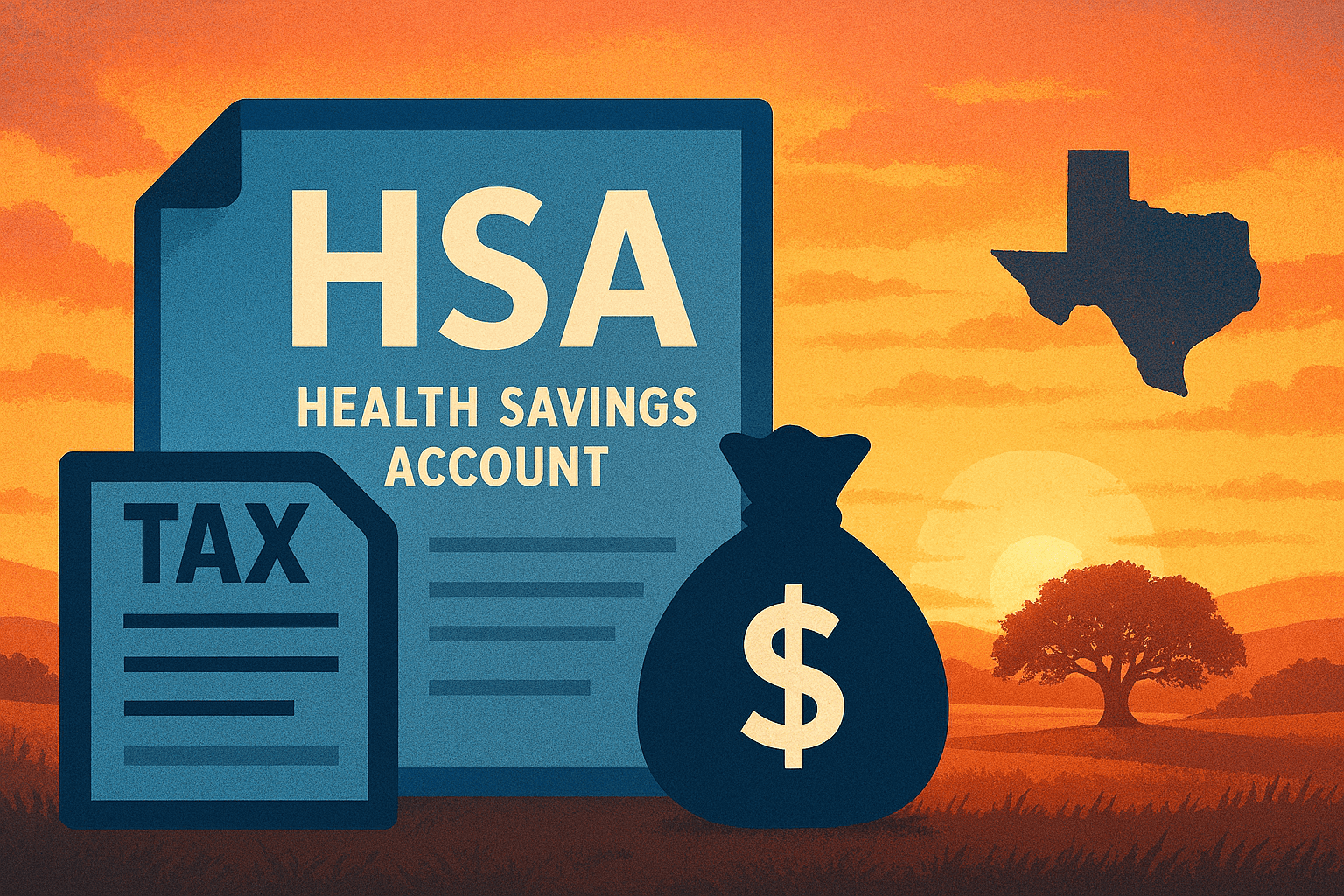More People Can Save Taxes on Health Expenses With These Accounts Under the New Law 💰
Starting January 1, 2026, about 10 million more Americans will become eligible to open Health Savings Accounts (HSAs)—thanks to new rule changes in the tax bill signed into law this July.
For years, HSAs were limited to individuals with high-deductible health insurance plans—mostly through employer coverage. But the new law broadens access to include people enrolled in certain Affordable Care Act (ACA) marketplace plans and other healthcare structures that were previously excluded.
This is the first major expansion since HSAs were introduced in 2003, and it could change the way millions of Americans manage medical costs and save for retirement.
Starting January 1, 2026, about 10 million more Americans will become eligible to open Health Savings Accounts (HSAs)—thanks to new rule changes in the tax bill signed into law this July.
For years, HSAs were limited to individuals with high-deductible health insurance plans—mostly through employer coverage. But the new law broadens access to include people enrolled in certain Affordable Care Act (ACA) marketplace plans and other healthcare structures that were previously excluded.
This is the first major expansion since HSAs were introduced in 2003, and it could change the way millions of Americans manage medical costs and save for retirement.
What Makes HSAs So Powerful?
HSAs offer a triple tax advantage:
Contributions are tax-free (or deductible if you contribute directly).
Earnings grow tax-deferred.
Withdrawals for qualified healthcare expenses are tax-free.
Even better—if you don’t use the funds for healthcare, the balance can continue growing like a 401(k),
creating an extra cushion for medical expenses in retirement.
According to Kevin Robertson, Chief Growth Officer for HSA Bank,
the average person will need between $150,000 and $250,000 for healthcare in retirement.
“HSAs are the most powerful way to pay for those expenses because of their tax advantages,” he says.
HSAs offer a triple tax advantage:
Contributions are tax-free (or deductible if you contribute directly).
Earnings grow tax-deferred.
Withdrawals for qualified healthcare expenses are tax-free.
Even better—if you don’t use the funds for healthcare, the balance can continue growing like a 401(k),
creating an extra cushion for medical expenses in retirement.
According to Kevin Robertson, Chief Growth Officer for HSA Bank,
the average person will need between $150,000 and $250,000 for healthcare in retirement.
“HSAs are the most powerful way to pay for those expenses because of their tax advantages,” he says.
How HSAs Work for You
If your employer offers an HSA-eligible plan, you can make pretax contributions directly from your paycheck. Self-employed or marketplace enrollees can open an HSA through a financial institution and deduct their contributions when filing taxes.
Funds can be used to pay for a wide range of expenses—from doctor visits and prescriptions to dental, vision, and even some over-the-counter products.
And starting in 2026, more plans will qualify, giving millions more Americans the chance to build tax-free healthcare savings while preparing for long-term security.
If your employer offers an HSA-eligible plan, you can make pretax contributions directly from your paycheck. Self-employed or marketplace enrollees can open an HSA through a financial institution and deduct their contributions when filing taxes.
Funds can be used to pay for a wide range of expenses—from doctor visits and prescriptions to dental, vision, and even some over-the-counter products.
And starting in 2026, more plans will qualify, giving millions more Americans the chance to build tax-free healthcare savings while preparing for long-term security.
Takeaway
This expansion of HSAs is a major win for taxpayers and families managing healthcare costs. Whether you’re an employee, a business owner, or enrolled through the ACA marketplace, now is the time to
plan ahead and take advantage of these new savings opportunities.
At The Franco Suarez Agency, we can help you understand how HSAs fit into your retirement, health, and tax planning strategy—so you can keep more of your money working for your future.
This expansion of HSAs is a major win for taxpayers and families managing healthcare costs. Whether you’re an employee, a business owner, or enrolled through the ACA marketplace, now is the time to
plan ahead and take advantage of these new savings opportunities.
At The Franco Suarez Agency, we can help you understand how HSAs fit into your retirement, health, and tax planning strategy—so you can keep more of your money working for your future.


